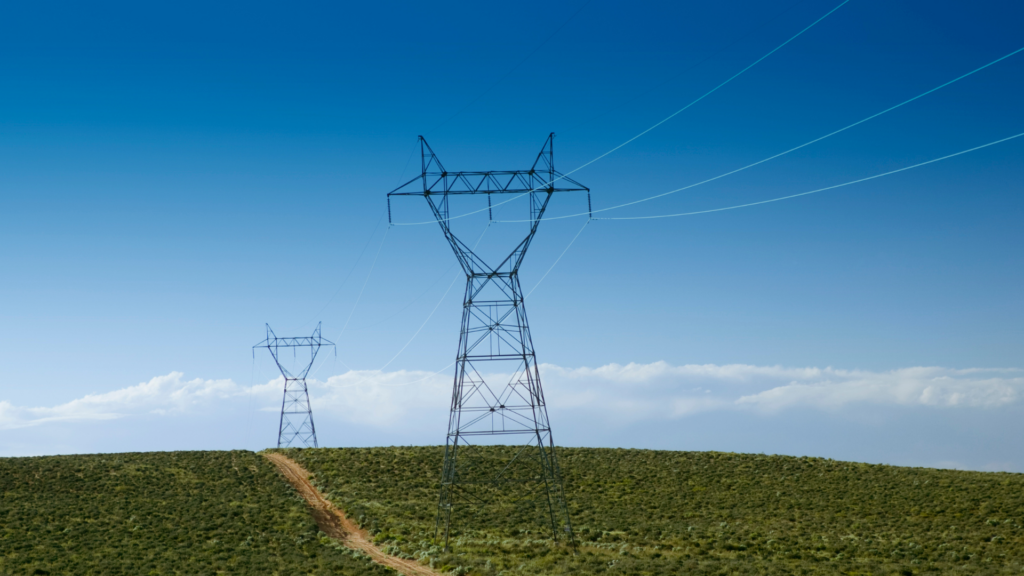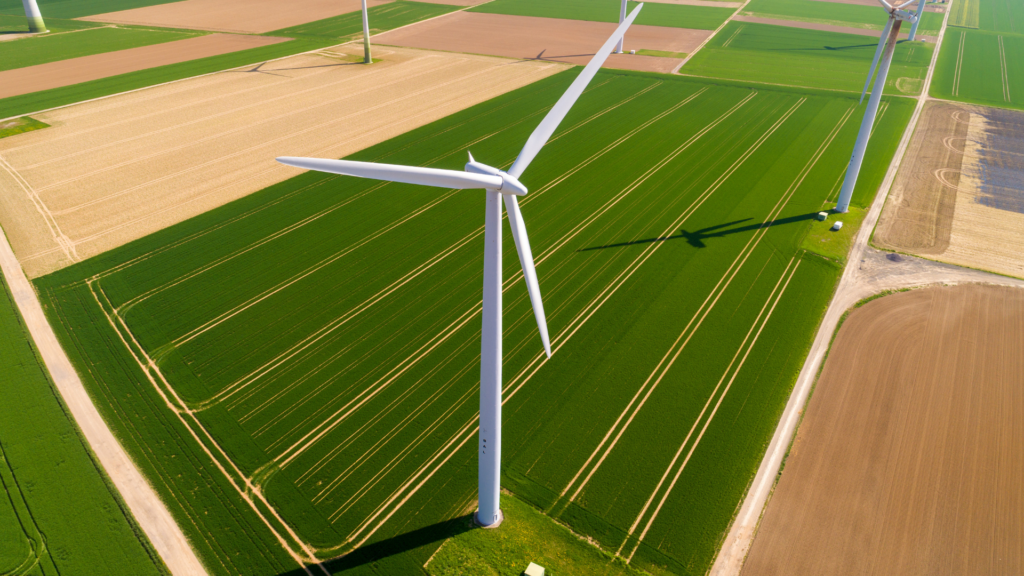15.05.2024 / News
Joint Statement Welcoming the New Network Code for Demand Response
We are a broad group of stakeholder organisations that have come together to welcome the new network code drafted by ENTSO-E and the EU DSO Entity.
In recent years, the EU has introduced a regulatory framework to support its decarbonisation pathway. This framework recognises the important role that distributed energy resources (DERs) and active consumers will play in efficiently achieving climate goals. It is now becoming increasingly clear that well-functioning decentralised electricity systems and markets are essential to enable DERs and active consumers to contribute to Europe’s security of supply and efficient grid operation.
However, demand response and DERs are currently facing a significant number of barriers to accessing different markets (e.g., wholesale, ancillary services, and local flexibility markets), and making the best use of consumers’ flexibility, as highlighted by ACER’s Market Monitoring Report 2023. These local barriers prevent the scalability of Demand Response across Member States, making it difficult to deploy today.
The adoption of a new network code specifically designed for demand response and DERs is therefore pivotal to achieving the climate objectives of the EU and strengthening the resilience of the EU energy system. The Demand Response Network Code should ensure that the regulatory provisions set in the Electricity Market Design are clarified and correctly implemented in a harmonised way across Member States to enable and that no undue regulatory barriers limit the participation of demand response and DERs in any electricity markets.
We want to acknowledge and thank all those who drafted this proposal, in particular the teams at ENTSO-E and the EU DSO Entity. It has been a challenging but evolving process that allowed stakeholders to provide significant input. More importantly, it has allowed everybody around the table to learn and openly discuss the challenges the sector faces, and to obtain a better understanding of each other’s views, interests, and the obstacles, solutions and benefits it will offer. We encourage the adoption of a similar process for the revision of existing network codes and the development of future network codes and implementing acts, including the Implementing Act for Data Interoperability.
In the next phase, we ask ACER and the European Commission for an effective process to build on this network code, improving where necessary and strengthening the current draft. This should facilitate a quick implementation across Member States, to ensure all energy consumers can play an active role, and that System Operators have a harmonised set of rules for the market-based procurement of flexibility. We ask to pay special attention to ensure that the network code:
Firmly promotes market-based flexibility procurement first
- Clearly assigns responsibilities and incentives for setting up local flexibility markets even before national terms and conditions are agreed (that should happen before 2029), sets out principles for market-based procurement and optimal use of resources and providing a clear signal for investment.
- Ensures that the goal of a secure and efficient energy system, at the lowest cost for grid users, is at the heart of all decisions.
Does not protect the status quo, as it risks failing to achieve a lower cost energy system
- An NRA assessment shall evaluate market-based and non-market-based procurement methods already set up in a Member State for compliance with the network code when it enters into force. Yearly monitoring, with the support of ACER, will ensure market- based procurement is applied when possible.
- Provides NRAs with uniform and clear guidelines for the assessment procedure.
Is harmonised, interoperable and forward-looking
- Ensures through requirement harmonisation that all grid users and demand response and DERs service providers across the EU can participate in all services.
- Limits the number of open-ended derogations for system operations and avoids the use of weak language (e.g., “may”).
Recognises the urgency of having well-functioning and resilient decentralized electricity systems and markets, by tightening deadlines on system operators. Europe cannot afford to wait until 2029 for national terms and conditions.
Finally, and based on the urgency described above, the Demand Response Network Code needs to be enforceable, by providing penalties and consequences for failure to implement.
The undersigned stakeholders will continue to be available to support ACER in the next phase.




